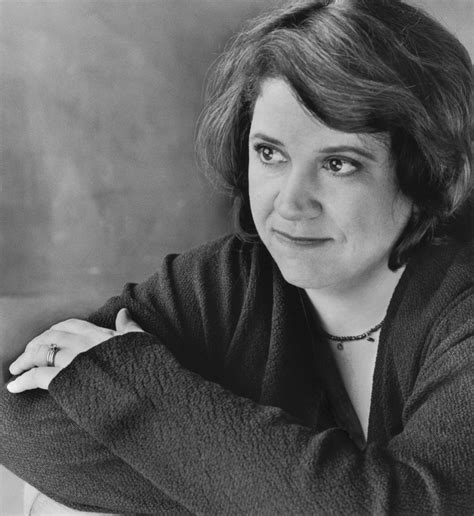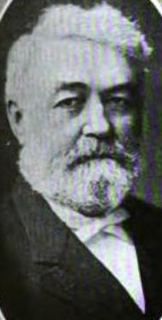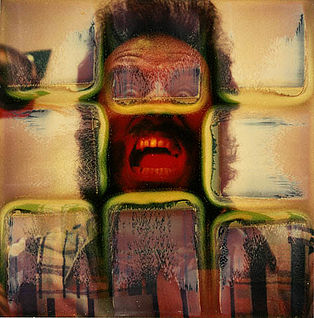A Quote by Robert D. Hales
We sometimes think that being grateful is what we do after our problems are solved, but how terribly shortsighted that is. How much of life do we miss by waiting to see the rainbow before thanking God that there is rain?
Related Quotes
We sometimes think that being grateful is what we do after our problems are solved, but how terribly shortsighted that is. How much of life do we miss by waiting to see the rainbow before thanking God that there is rain? Being grateful in times of distress does not mean that we are pleased with our circumstances. It does mean that through the eyes of faith we look beyond our present-day challenges. This is not a gratitude of the lips but of the soul. It is a gratitude that heals the heart and expands the mind.
See yourself being a master of gratitude in the future. Mentally picture how this will help you feel joy the moment you are awake and are grateful for being alive. See how you can be grateful and happy for each breath. Realize that when you master gratitude, you will see a happy face every time you look into the mirror. See how your entire quality of life will be improved. See how other people will tell you that they enjoy being around you because you are such a happy person.
How wrong it is to use God as a stop-gap for the incompleteness of our knowledge. . . . We are to find God in what we know, not in what we don't know; God wants us to realize his presence, not in unsolved problems but in those that are solved. . . . God is no stop-gap; he must be recognized as the center of life, not when we are at the end of our resources.
Be grateful simply for being alive. When you are grateful for life, pure and simple, your life becomes one you can be grateful for. That may strike you as circular or even backward logic, but your attitude really does have an effect on how things work out. When you can't change your life any other way, you can still change your attitude. When you do, your life changes. You find more chances to love, and you will be surprised to see how much more love is returned to you.
One of the things I've learned - before I would go on a show, I was like, "Oh God, I hate that show" or "That show is gonna get canceled." But now after being full-time on a show, you see how difficult it is and how much work goes into it and how so many decisions are based on finances or people's schedules or talent or location issues. It's a miracle that anything gets made.
I'm looking back at what I did and how it works. In a sense I'm waiting to see how people will respond. I'm waiting to see how you respond, without asking me to tell you what I think about it, because it is your job to give me an idea of how you go about thinking about this work. And if it's too absurd then, you know, I'll kick you out!
































